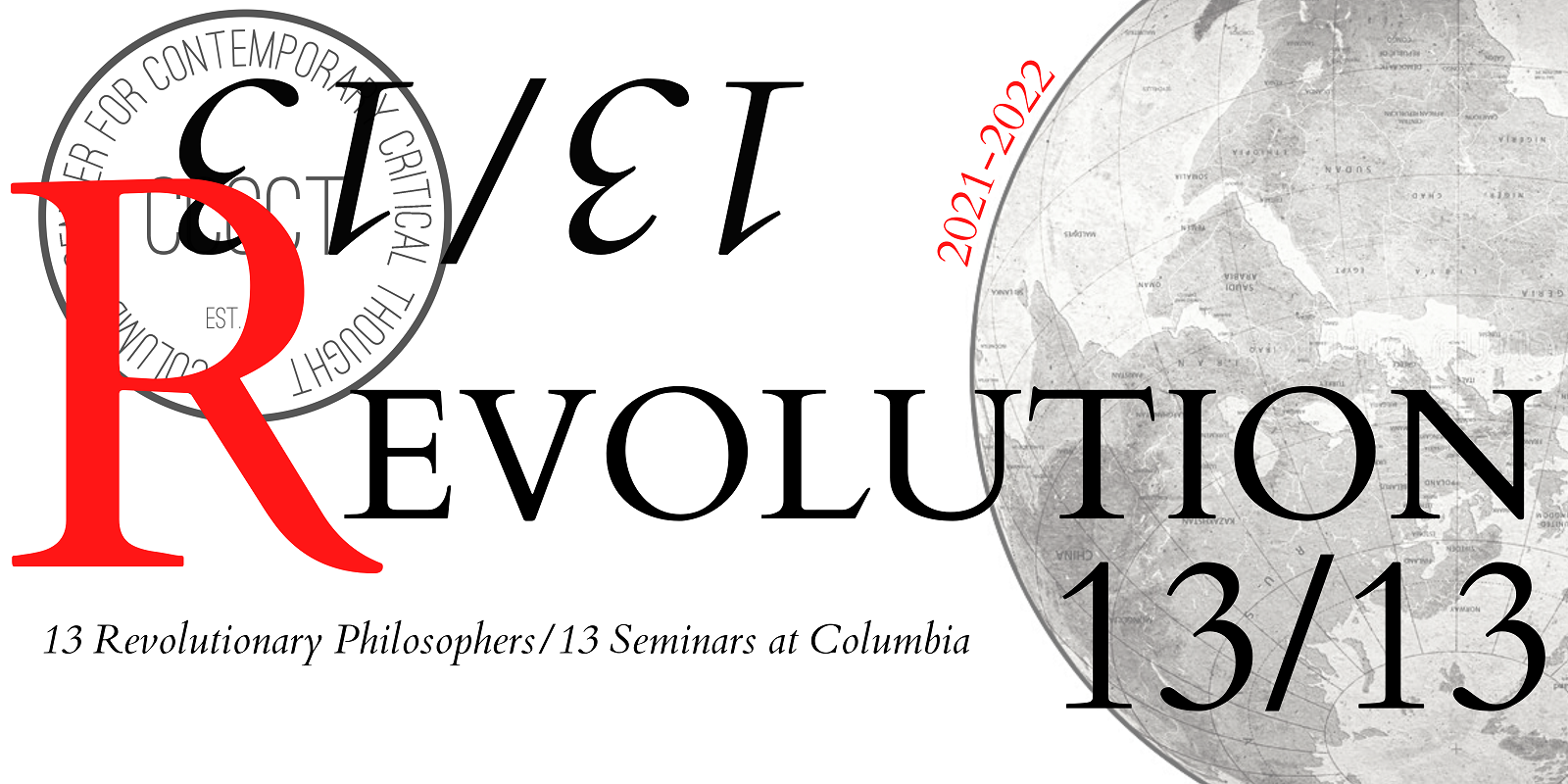By Remicard Sereme
In light of the ongoing graduate student strike at our university, #CUonStrike, we think that it is important to reference the Combahee River Collective’s writings on issues of labor, strikes, and picketing for purposes of our discussion at Revolution 4/134/13 The Combahee River Collective. Indeed, the Combahee River Collective (“CRC”) was focused on issues of capitalist exploitation and political economy as one of the four central dimensions of “interlocking” systems of oppression. (How We Get Free, 15). Barbara Smith, a founding member of the CRC and coauthor of the Statement, was an active member of the socialist Left and Students for a Democratic Society (SDS) and participated in the 1968 Columbia University strike.[1] As she explains in her interview with Keeanga-Yamahtta Taylor, Smith was deeply engaged and grew politically during the strike at Columbia (How We Get Free, 35).
The CRC’s politics on issues of labor and capitalism is clearly delineated in part two of their Statement, entitled “What we believe, i.e. the specific province of our politics”:
“We are socialists because we believe that work must be organized for the collective benefit of those who do the work and create the products, and not for the profit of the bosses. Material resources must be equally distributed among those who create these resources. […] We are not convinced, however, that a socialist revolution that is not also a feminist and anti-racist revolution will guarantee our liberation. […] Although we are in essential agreement with Marx’s theory as it applied to the very specific economic relationships he analyzed, we know that his analysis must be extended further in order for us to understand our specific economic situation as Black women.” (19-20)
The CRC also discussed these questions of political economy and of movement protest in part four of the Statement, “Black Feminist Issues and Projects”:
“The inclusiveness of our politics makes us concerned with any situation that impinges upon the lives of women, Third World, and working people. We are of course particularly committed to working on those struggles in which race, sex, and class are simultaneous factors in oppression. We might, for example, become involved in workplace organizing at a factory that employs Third World women or picket a hospital that is cutting back on already inadequate health care to a Third World community, or set up a rape crisis center in a Black neighborhood.” (26)
Economic justice was at the very core of the Combahee River Collective’s critique and praxis. Welcome to Revolution 4/13!
Notes
[1] Review by Megan Behrent “Reclaiming the tradition of Black socialist feminism” of How We Get Free: Black Feminism and the Combahee River Collective, edited by Keeanga-Yamahtta Taylor, International Socialist Review
